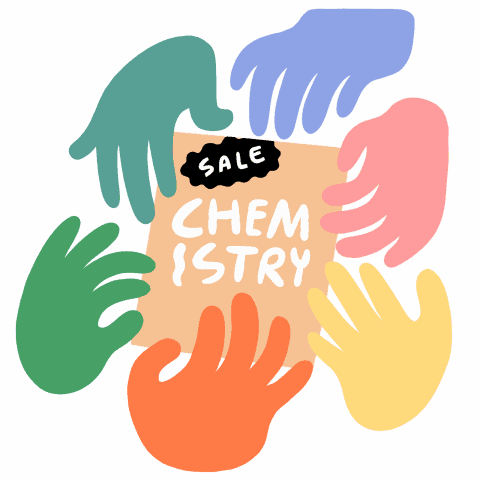Maybe you grew up poor, or perhaps you’ve been brought to your knees by the financial hurricane that is post-secondary education. Either way, you’ve likely already realized that you’re going to have to shrimp and shave if you want to avoid being electrocuted by low-hanging poverty lines.
You stop eating out, you forgo new clothes, and you bring your dates to the Arts Café. You can penny pinch to the extreme, even hesitating at the fruit aisle — can you really afford the vitamin C you so desperately need to counteract the possible scurvy you’ve developed on your all-macaroni diet? After all this agony, you’re hit by the cruelest expense of all: textbooks.
According to Macleans, the average Canadian student drops $773 per year on these shrink-wrapped monstrosities, which depreciate in value faster than the US Dollar does every time Trump makes a 3 a.m. tweet.
Unfortunately for me, I had recently converted the majority of my savings account into a big sack of toonies, which I then converted to Great Western-flavoured piss on one of Louis’ Pub’s lethally cheap Tuesday nights.
My first instinct, as an immigrant, was to haggle. I went to campus and turned on the accent, full blast — but the clerks at the bookstore had clearly been innoculated against my Irish charms.
A desperate Google search brought me to a promising Facebook group called “Buy/Sell Used Textbooks from the U of S” with 13,187 members at the time of print. The posts were plentiful, and the prices were actually quite cheap, but the slightly too cheerful tone of it all betrayed a strange sense of shared melancholy — like a bleak birthday party amid the rubble of some war-torn suburb, a community ravaged and left destitute by the horrors of academic extortion.
I scrolled for hours, despite mounting unease at the prospect of handing some emaciated grad student $20 for a book that originally cost $200. The thought of staring into those hungry, watery eyes so disturbed me that I was almost thankful when I couldn’t find any of the books I needed.
By this point, things were getting serious, but after seeing the harsh reality of the textbook racket, I longed to rebel against the system. There was only one course of action. I had to go off the grid and join the 34 per cent of students willing to venture into the dark realm of textbook piracy, according to data collected in 2010 by the Book Industry Study Group in the United States.
North American textbook publishers are known for being particularly brutal about their intellectual properties, so anyone found guilty of distributing their books for free can be condemned to death by litigation. Luckily, there are a wealth of Russian websites perfectly willing to give capitalism the middle finger.
I found one such site and navigated my way through the tiny blue font, weird rotating GIFs of bedazzled Cyrillic and ads for hot single moms near me. I typed in the name of one of my textbooks, and up popped a list of PDF files accompanied by large flashing download buttons.
Salivating at my own frugality, I clicked the download link for the latest edition of a physiology book and prayed. Alas, I was hit by a barrage of pop-ups. A string of unprintables escaped my lips as I began to panic — they were opening faster than I could exit out of them!
I clicked ballistically but soon grew fatigued, powerless against the never-ending onslaught of pyramid schemes and pornography that flashed in front of me. I held the power button, but it was too late. Readers, heed my warning — pirating textbooks may not be worth the risk of giving your laptop an STD.
—
George-Paul O’Byrne
Graphic: Jaymie Stachyruk / Graphics Editor
Leave a Reply